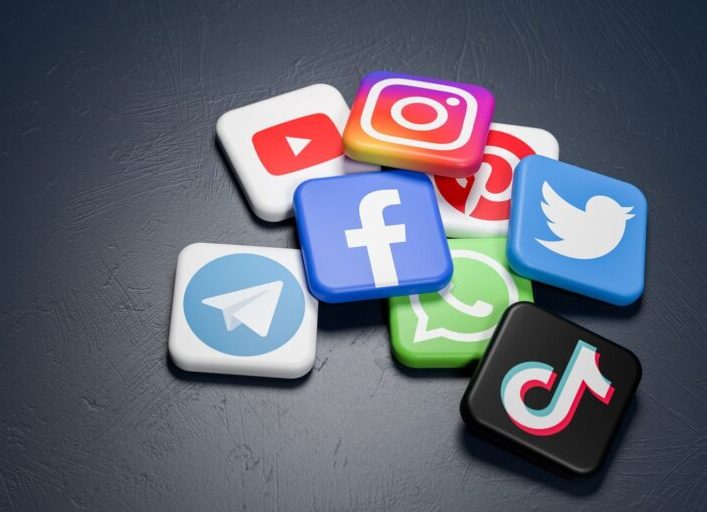With the influx of technological innovations our world has seen over the past decade, it’s no surprise that the reach of technology has reached the schools. Digitalization of standardized exams is the technological world’s latest trend. AP exams are just one of the many changes that new technology has brought about. However, there are mixed responses to this digitalization; many students are concerned they will do worse with digitalization, while others believe this new avenue of test-taking will open opportunities for those across the globe.
Starting in May of 2025, College Board – the company running the exams – will no longer offer paper testing to students for 28 of their 38 AP examinations. The tests will be administered through Bluebook, a testing application owned by the College Board. Students who took the SAT may recognize the app as the testing suite in which they took the college entrance exam.
AP exams aren’t the only ones going digital, either. In March of 2024, the SAT–an evaluative examination of a student’s math and reading skills hosted by College Board–went digital in the United States. A year before that, it was released digitally to international students. In April of 2025, the ACT will begin to offer digital options for those interested in dipping their toes into the technological landscape ahead of them.
These digitized tests are different, too, with the 98-question digital SAT being nearly half the length of the paper exam of 154 questions. The digital ACT will change, too, as its digital counterpart will have fewer questions and more time per question to answer. Being so far ahead from the testing date, there is no way to know what the digital AP exams will be like–whether they’ll be longer or shorter, more or less difficult. What we do know, however, is that students will be given the same materials as the SAT: the Desmos calculator, highlighting tools, and a reference sheet specialized to the test a student is taking.
With such a huge change taking place, various opinions are bound to arise. Some see this new method of test-taking as too dramatic a change, while others are embracing it. Student Leah S said she was “relieved for [digital testing for] AP US History because it’s more time efficient to type responses than to hand write them, but I process things better on paper, so it might mess up my reading comprehension.”
The question of reading comprehension has been a frequent one, as many people read better on paper. No amount of digitalization can beat the help that annotating and underlining text can provide. Technically, a test taker can do all of these things in the Bluebook app, however, they’re much more difficult to access than simply picking up a pencil and placing it on paper.
On the other hand, though, digitalization poses an advantage in the mathematics category, with its Desmos calculator providing a new avenue for solving math problems. In some cases, a student simply has to copy the problem in the question into the app, and the program does the rest for them. If a test takers knows all the tricks to use this calculator, taking mathematical tests becomes a breeze.
One huge point of concern comes from the situation surrounding the March 8th SAT, which is hosted by the same company as the AP exams. While the test was being administered, students were alerted that their tests would automatically be submitted, completed or not, at 11:00 am. While some were unaffected by the issue and got their tests in before the deadline, many students had their tests submitted even up to halfway through the exam–effectively nullifying their scores. While all affected students were given the choice to take a makeup exam or keep their scores, the damage had already been done and the trust had been lost. Since the exam was administered on the same app the AP exams will be too–Bluebook–many students were left wondering if the same thing that happened on March 8th could happen to them again.
Such a disastrous event stemming from the same application students nationwide are planning to take their AP finals has caused worry that the system may fail them again. The AP finals are different from the SATs: they are one-time, end-of-year exams that are cumulative assessments of all they’ve learned throughout the course; the SATs can be taken as many times as one pleases. If the AP tests were to experience the same glitch as what happened earlier in the month, students’ confidence may waiver and they might not do as well on a makeup exam. Also, what other problems can surface now that we’ve been proven that the Bluebook app isn’t as trustworthy as it seems?
There is certainly a huge level of trust to overcome when approaching this new method of test-taking, however, the digitalization of AP exams can prove extremely useful in the future. This has been met with a mix of excitement and concern by students, as previous experiences make them wary of this change. However, if utilized properly, digitized testing can provide a huge advantage. Digitized tests may be different from on-paper ones in more ways than one, but we, as students, can adapt to these changes and embrace them.
Categories:
AP Exams Are Being Digitized: What Do the Students Have to Say?
0
More to Discover





